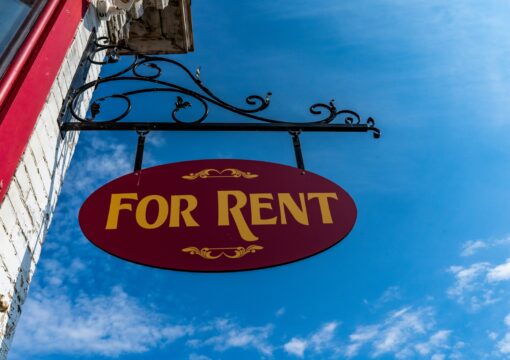Since the pandemic and the increasing expansion of technology, working from home has become far more common. For some this is seen as a more convenient solution. In addition to reduced travel and more flexible hours, there are also expenses and tax reliefs that can be claimed if you work from home…
Are you self-employed?
Who can claim, and what for?
You are ‘self-employed’ if you’re either a sole trader, or an individual in a business partnership. If you run a limited company, you are not ‘self-employed,’ even if you’re the owner and sole employee.
There are some qualifying costs you can deduct from your taxable profit before paying Income Tax. However, because your place of work is also your home, you might only be able to claim of a proportion of costs like:
- Internet/telephone use
- Heating
- Electricity
- Rent/mortgage interest
- Council Tax
How much can you claim?
Dividing your costs in terms of personal and professional use isn’t necessarily straightforward…
- Expenses incurred wholly, necessarily and exclusively for the purposes of the business can be claimed in full.
- Expenses incurred solely for private purposes or for purposes incidental to business (mostly private) cannot be claimed at all.
- Expenses incurred for a dual purpose (both business and private) can only be claimed if it’s possible to identify a specific part used for business. If it’s impossible to identify and measure the proportion of the cost incurred which relates only to business, no amounts can be claimed.
Should you wish to claim, the cost must be reasonable, not excessive. You must be able to demonstrate that the amounts spent correspond to the actual expenses, and they must be paid by the you (the self-employed person), not somebody else. It can be complicated when assets jointly owned, or bills shared are considered for business tax purposes.
Flat rates
To avoid confusion and potential mistakes it’s possible to claim flat rate deductions instead. For utility bills this would mean you don’t have to work out the proportion of personal or professional usage. However, the flat rate does not include telephone or internet expenses.
The rate applicable is based on the number of hours that you work at home, ‘wholly and exclusively’ for the purposes of the trade:
- 25-40 hours – £10 per month
- 51-100 hours – £18 per month
- 101 hours or more – £26 per month
You can check whether your expenses qualify for flat rate deductions here.
Whether you’re calculating the relevant proportion of costs or using a flat rate, record keeping is essential, so you can legitimately claim on your self-assessment tax return.
Are you employed?
Who can claim, and what for?
You may be able to claim tax relief for additional household costs if you are required to work at home because your live distant from the office, or if your employer does not have an office.
For the current and previous four tax years, claims can include business phone calls, gas and electricity for the work area.
When can’t you claim?
You cannot claim if your employment contract lets you work from home (some or all the time), or if your office is full. Therefore, if it’s your choice to work from home, this does not count.
Claims cannot include costs incurred for both private and professional use, such as rent or broadband.
How much can you claim?
You can either claim tax relief on £6 a week, or the exact amount you’ve spent.
Tax relief is based on the rate at which you pay tax, so if you pay tax at 20% (the basic rate) and claim tax relief on £6 a week, you would get £1.20 per week in tax relief.
Should you wish to claim the exact amount spent, you will also need evidence, such as a copy of your receipts or bills, which will require more detailed record keeping.
Check if you can claim here…
Need some guidance?
If you work from home and would like to benefit from the expenses and tax deductions available, it’s essential you certainly qualify. Claiming for tenuous costs is a false economy, as you may find yourself in trouble with HMRC and face a potential fine.
Please get in contact with us if you would like some assistance in this area; a member of our team will be happy to help.







